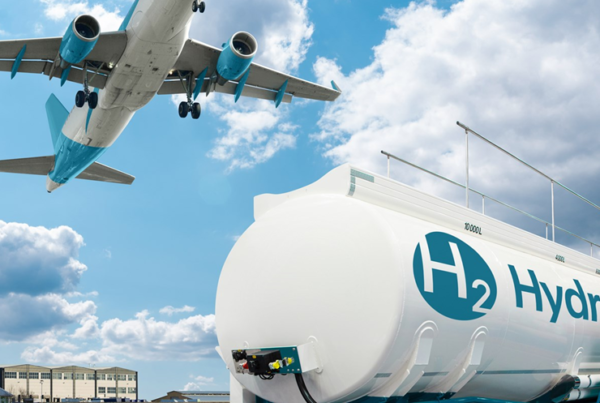
Hydrogen – the material of the future
Researchers and students at Frankfurt UAS are developing a “smart hydrogen fueling device”
Clean, simple, decentralized – this is what future hydrogen storage could look like if, according to Prof. Dr. Enno Wagner, Professor of Mechatronic Design and Technical Mechanics at the Frankfurt University of Applied Sciences (Frankfurt UAS), is leaving. Starting in October 2020, he and his students will develop a “smart hydrogen fueling device”. The idea is to simplify the production of hydrogen in such a way that it can also be used in private homes. It should be possible to produce hydrogen by means of electrolysis in a small system that fits easily into a basement or garage and is operated with renewable energy, such as photovoltaic systems. In this way, private households would have the opportunity to generate CO2-neutral energy – and above all to store it. The project is financed by the funding program “Research for Practice” of the Hessian Ministry for Science and Art (HMWK). The funding amounts to around 40,000 euros over a period of 12 months.
This project shows how practical the Frankfurt UAS works: The first step is for Wagner and his team to build a prototype for the system. In the second step, they want to find a specific application for the stored hydrogen. In this case, the team plans to develop an electrically operated cargo bike whose energy storage is not a battery, but hydrogen, which is converted into electrical energy using a membrane fuel cell.
“With this project we want to show that hydrogen will play a major role as an energy carrier in the future. The electrically operated cargo bike is just one example to illustrate the everyday suitability of this technology. There are many more possibilities for practical application: For example, hydrogen can be generated and stored during the day using solar energy in order to supply electrical energy for a house at night. In addition, hydrogen can fuel the gas stove, power a car and much more. I am really excited to see what other possible applications the future will bring, ”said Wagner.
The relevance of the project does not only result from the practical application possibilities. It also fits well into the National Hydrogen Strategy (NWS) of the Federal Ministry for Economic Affairs and Energy (BMWi). With this strategy, the Federal Government would like to create a coherent framework for the future generation, transport, use and further use of hydrogen – and thus for corresponding innovations and investments. In order to contribute additional know-how, Wagner and his team have found a partner from industry for the project in the form of the Gesellschaft für Gassysteme durch Katalyse und Elektrochemie mbH (GASKATEL). Overall, the project clearly shows that the collaboration between teaching, research,
Contact: Frankfurt University of Applied Sciences, Faculty 2: Computer Science and Engineering, Prof. Dr. Enno Wagner, phone: +49 69 1533-2737, e-mail: [email protected]
Further information on the department of computer science and engineering can be found at: http://www.frankfurt-university.de/fb2 .
Read the most up to date Fuel Cell and Hydrogen Industry news at FuelCellsWorks




